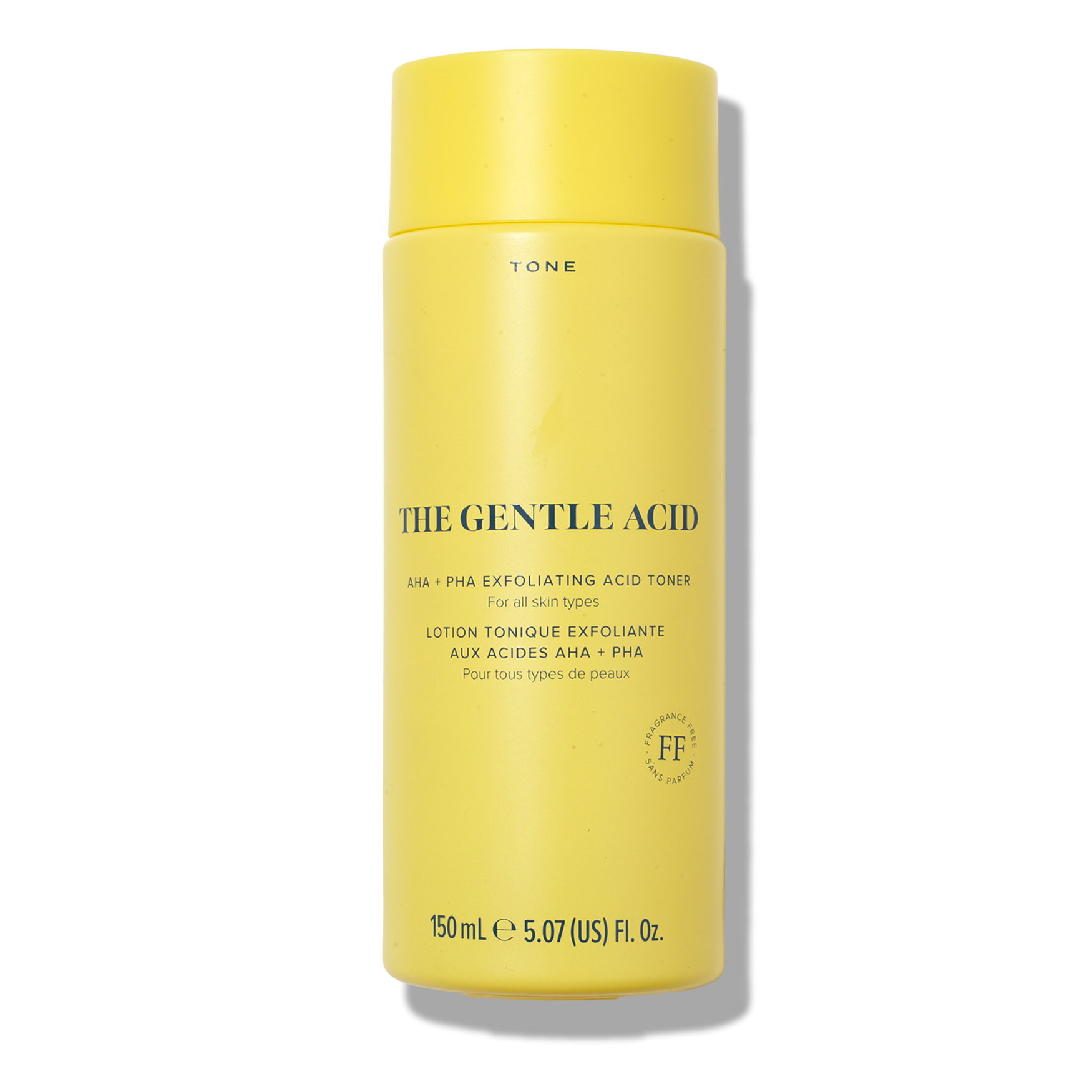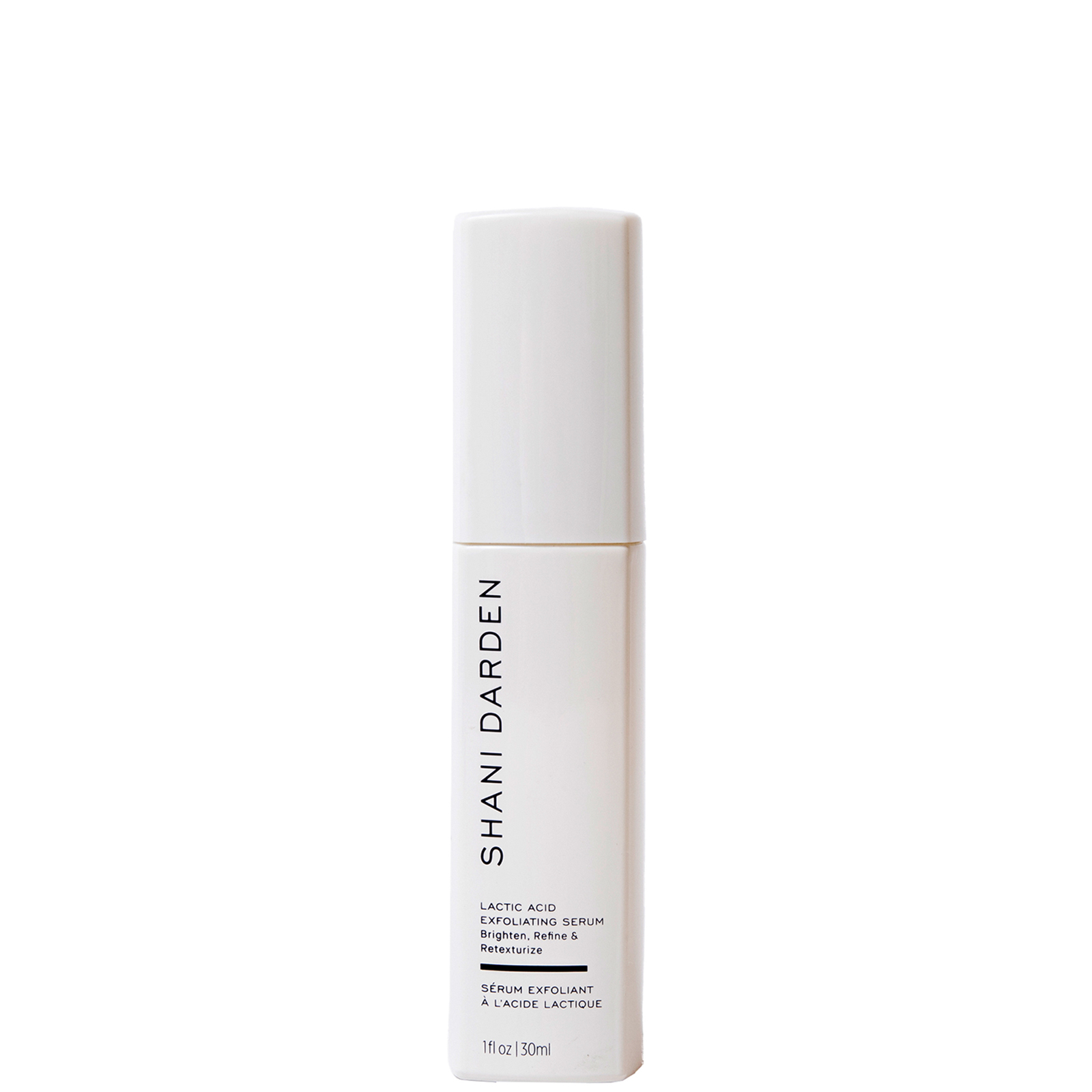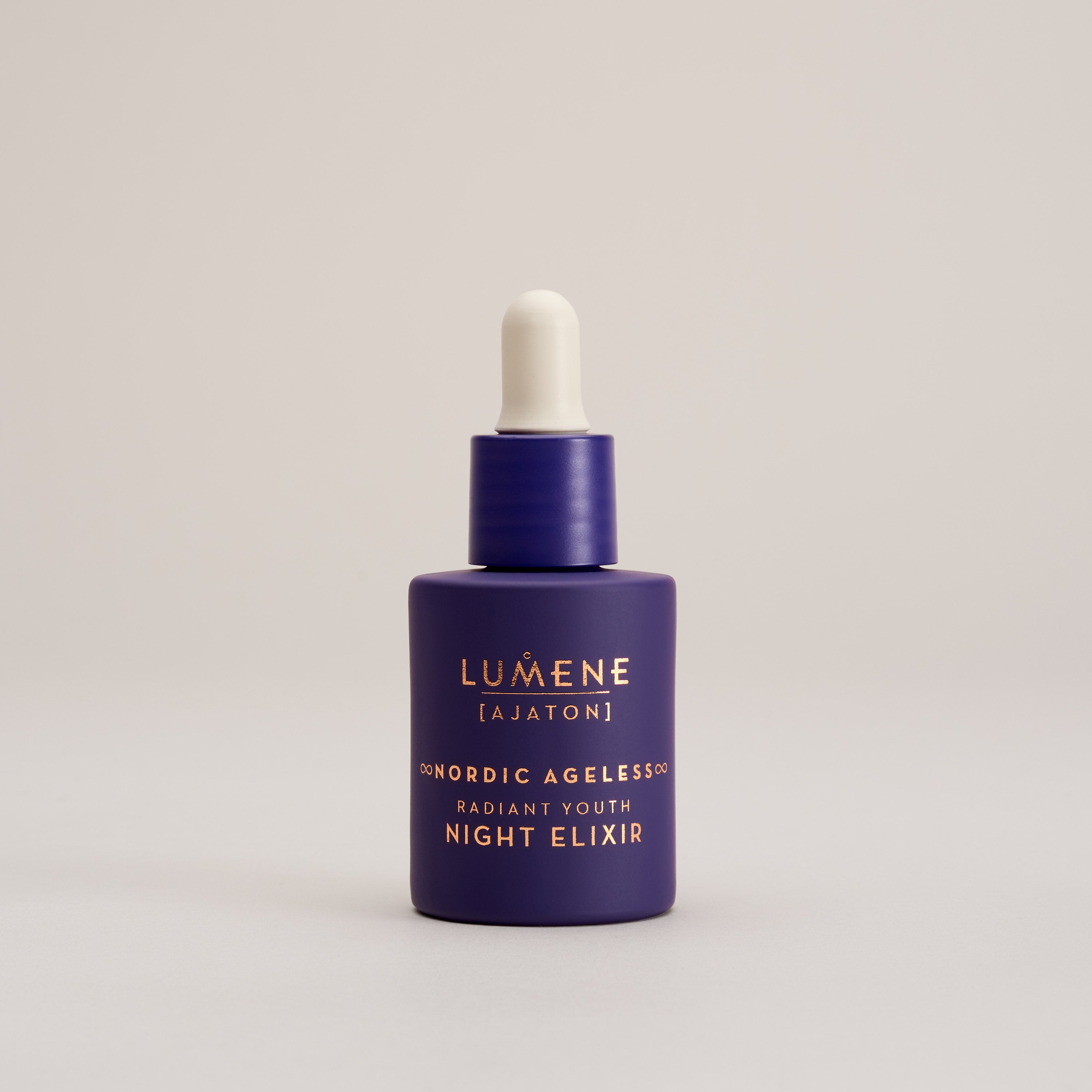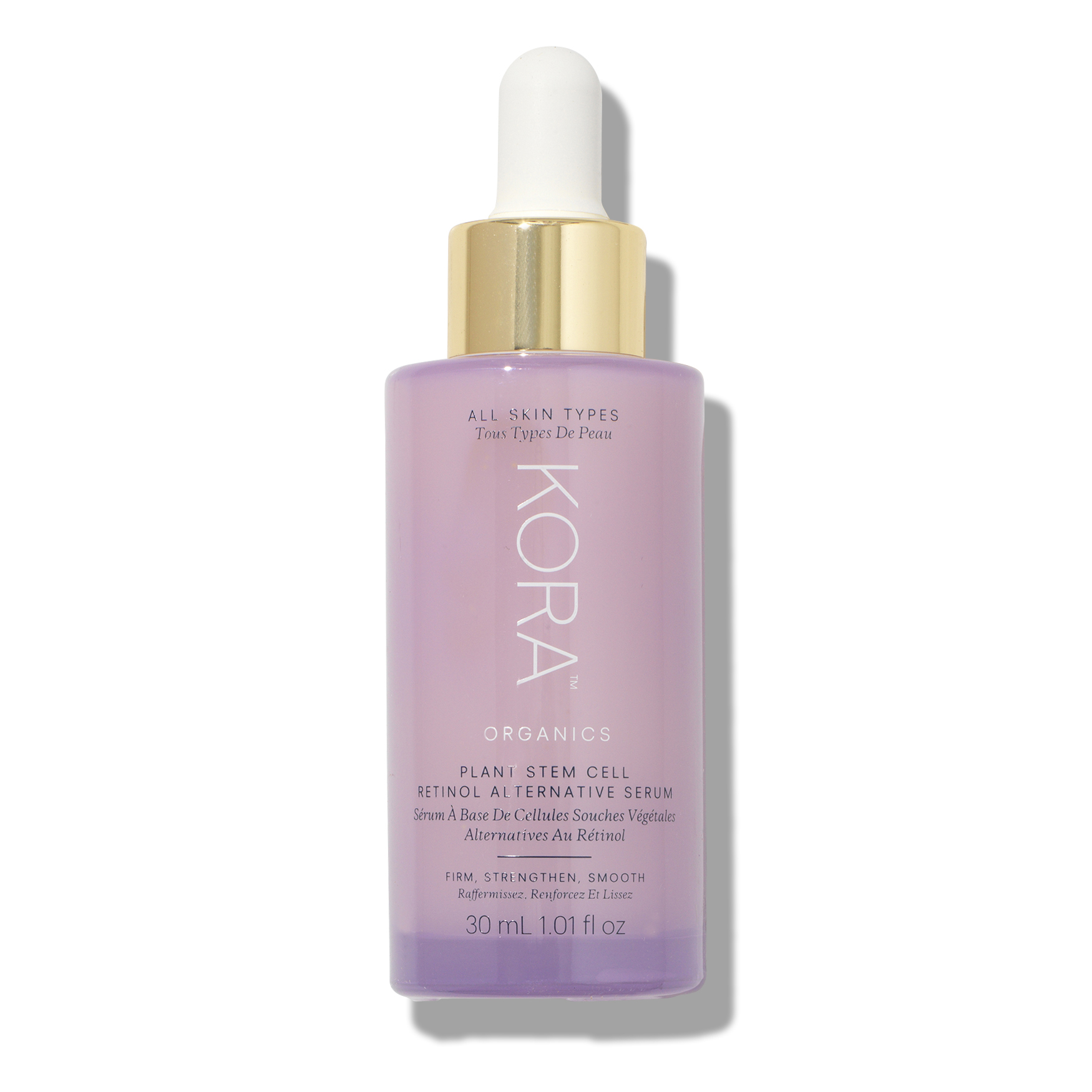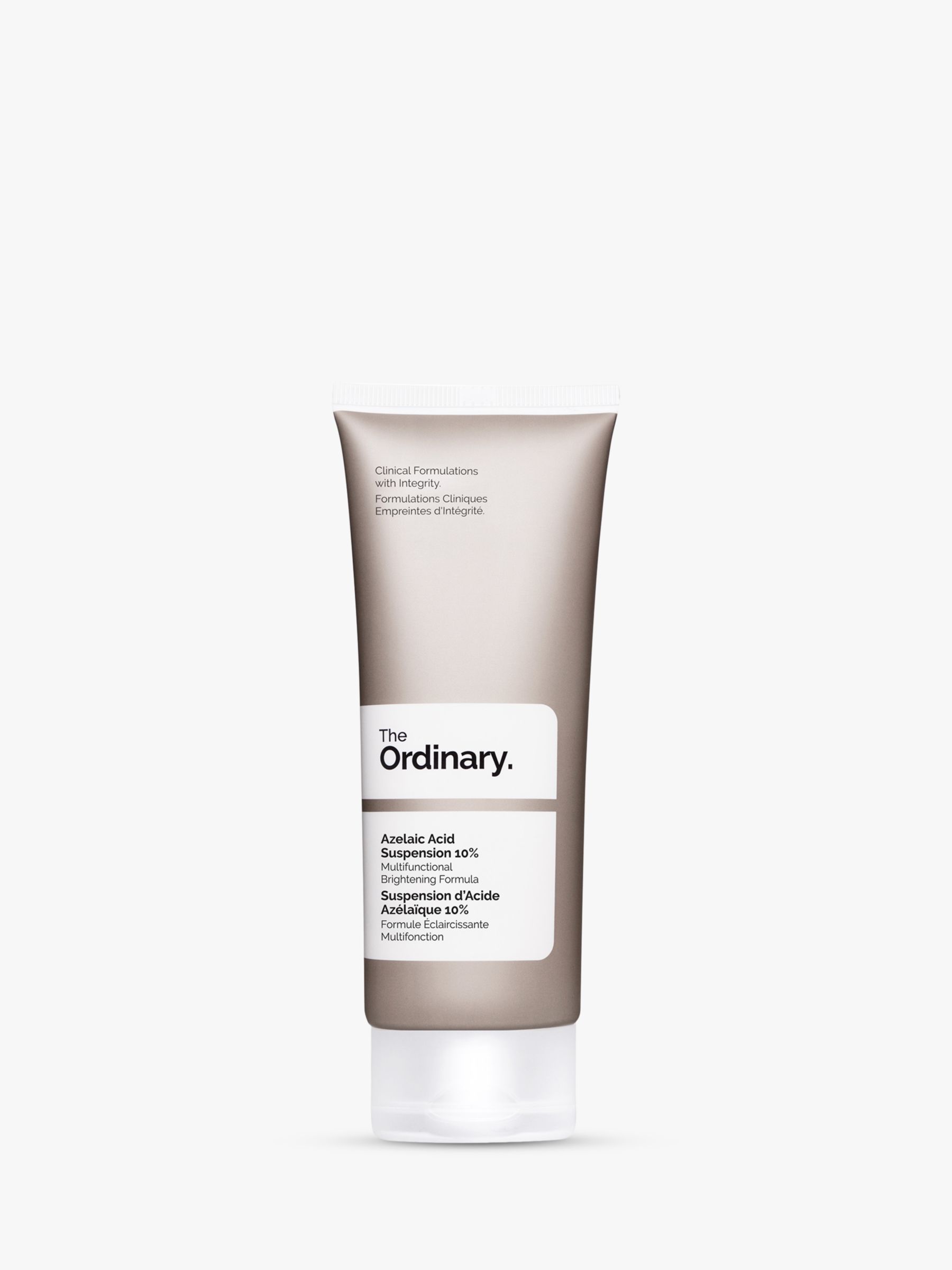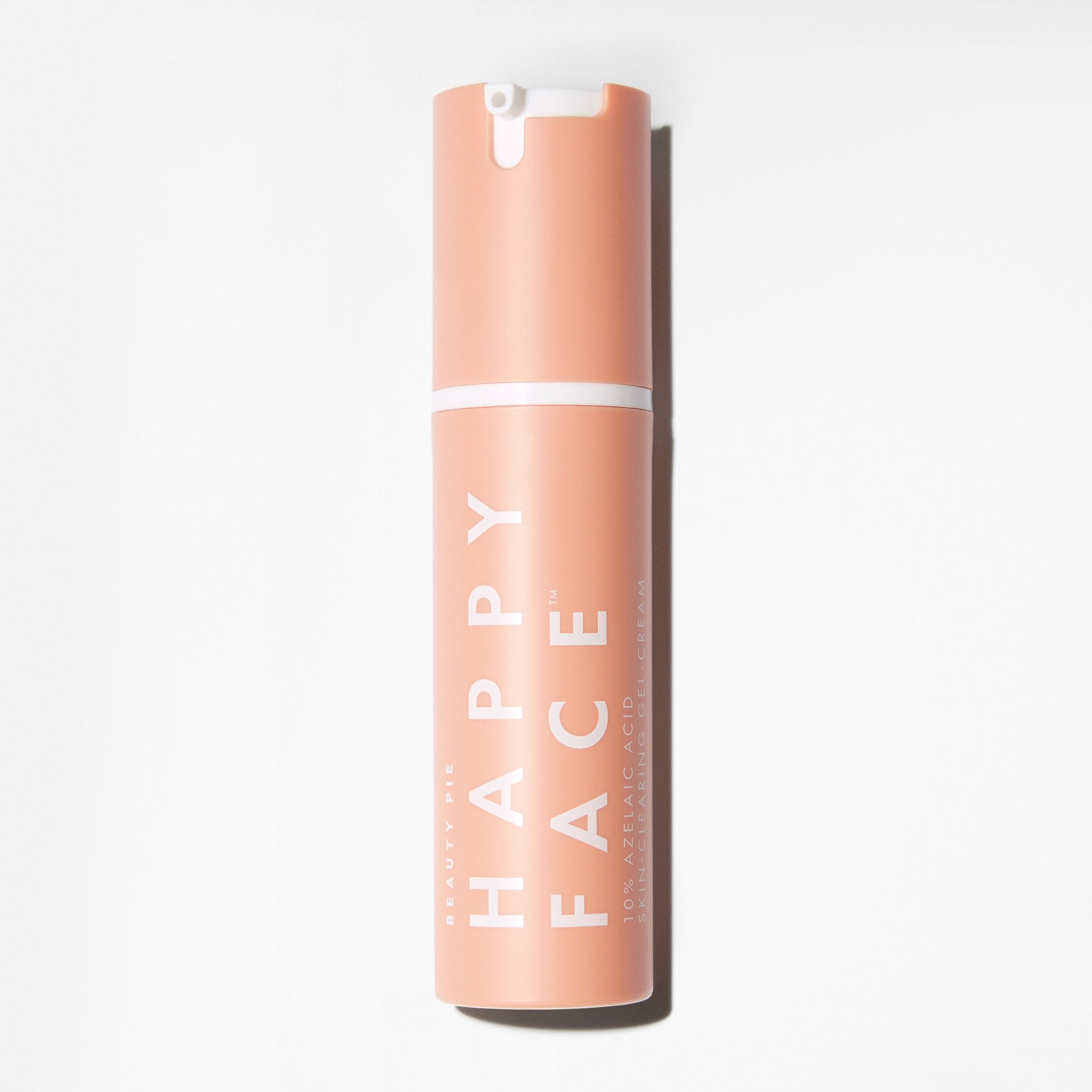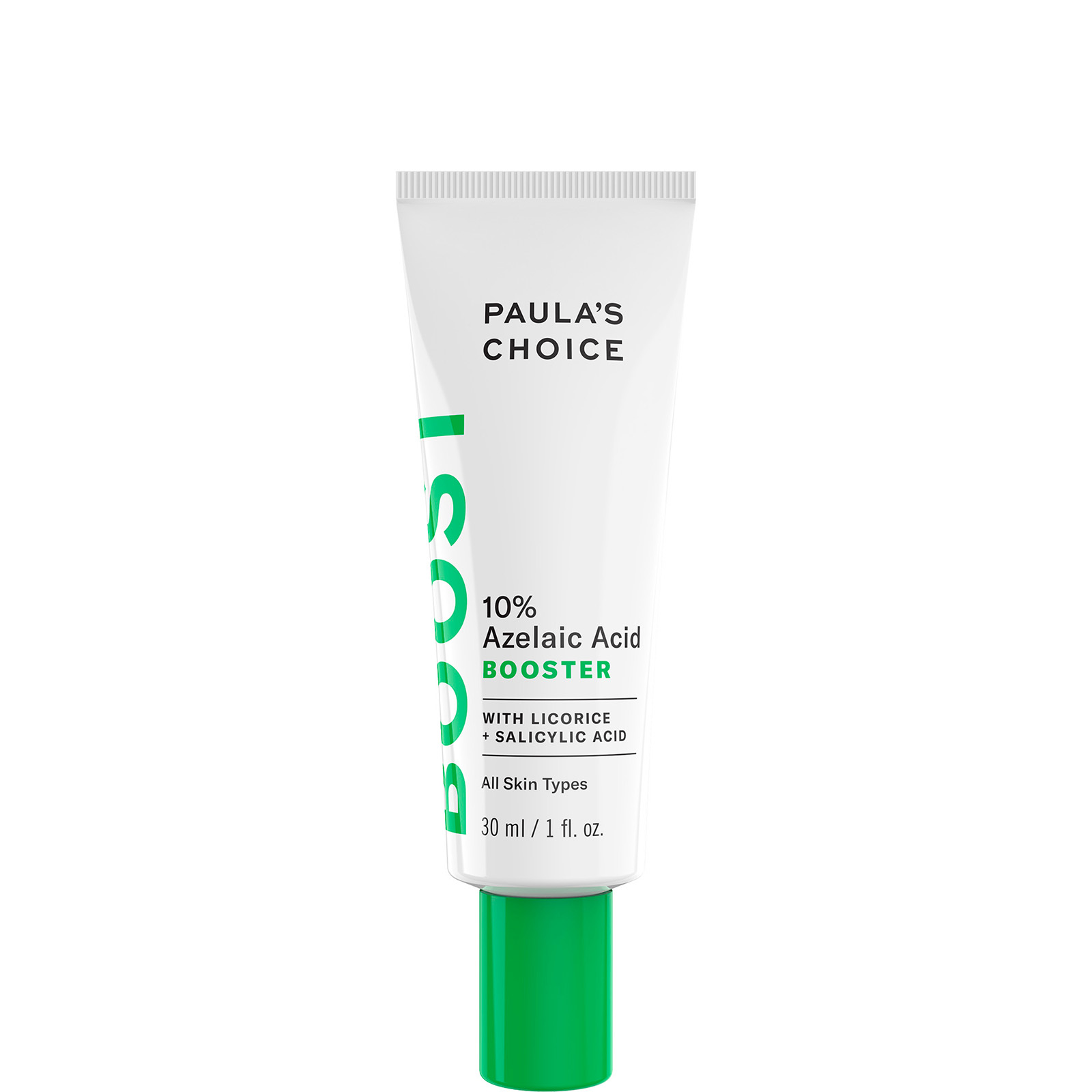As an esthetician and beauty editor, I'm no stranger to using retinoids. In fact, I credit the ingredient with clearing my stubborn acne and transforming the scarring and hyperpigmentation it left behind into smooth, clear skin. Over the years (and with plenty of focus on my skin barrier!) I've taught my skin to tolerate retinol, which has side effects including dryness and enhanced sensitivity, and by building up the strength I use slowly, I've seen incredible results.
However, not everyone can tolerate retinoids, or is ready to start introducing the ingredient into their skincare routine. I often work with clients who have sensitive skin, who are pregnant or breastfeeding (a contraindication to retinoids), so are on the hunt for an alternative to retinol that delivers the same benefits.
With benefits that range from treating acne and clearing congestion to speeding up collagen production and reducing the appearance of wrinkles and enlarged pores, it's easy to see why retinol is so popular. But there are still plenty of other ingredients available which address these common concerns without the need for a retinoid.
To figure out the most effective alternatives to retinol, we tapped dermatologists Sonia Khorana and Emma Craythorne, who walked us through the options and their benefits and side effects. Read on for everything they shared.
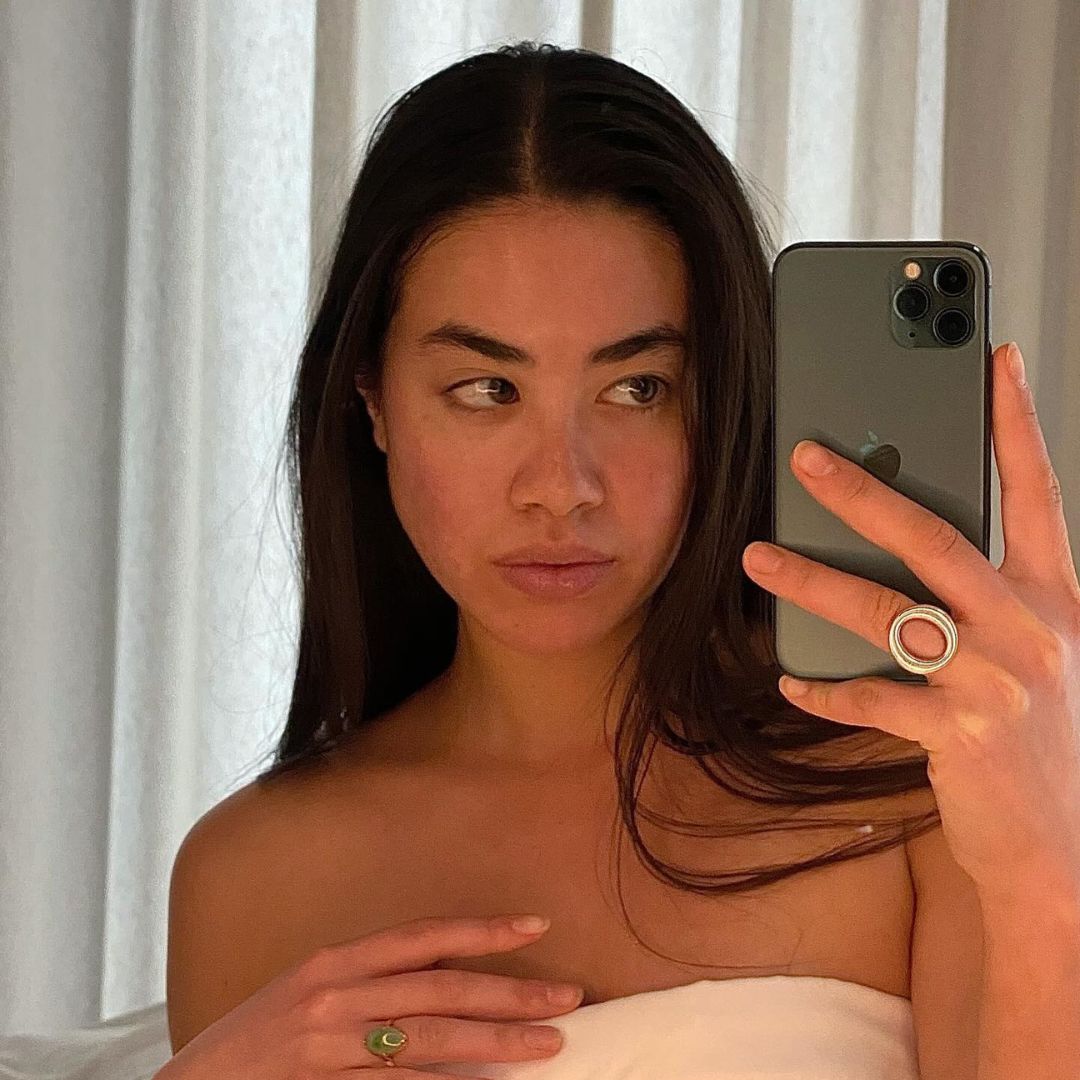
What is retinol?
First things first; it's important to understand what retinol is and how it works. "Retinol is a form of a vitamin A, it has to be metabolised or activated by body in order to get to its active form," explains Craythorne. "It is considered a weak form of the vitamin A—the active form is actually the drug called tretinoin but retinol is something that is available over the counter. It shows some level of reducing fine lines, however the evidence for it isn’t as good as the active drug form."
"Retinol is often used as a catch-all for products containing a retinoid," adds Khorana. "There are many different types [of retinoid], all with different strengths. Retinol is actually just one type of retinoid—there are many others such as retinal, retinyl palmitate or retinoic acid."
Retinoids work by increasing cell production, so helps to unclog pores and also increases collagen production. This means it helps to clear, smooth, plump, and brighten skin—ticking the boxes for a wide range of skin concerns.
Who can't use retinol?
"Side effects include temporary dryness and redness, and irritation can occur as your skin adjusts to using retinol," explains Khorana. If you've ever experienced any of the above symptoms while using a retinoid chances are your skin wasn't quite ready for it.
To prepare for using retinoids, experts typically advise strengthening your skin barrier beforehand by focussing on hydrating your skin and sealing moisture in with nourishing ingredients like ceramides and squalane. The stronger your skin barrier is, the less likely your skin is to experience sensitivity. It's also important to avoid using other active ingredients, like acids, while using retinoids, and indeed any form of exfoliation should be kept to a minimum. Thorough daily sunscreen application while using retinoids will also help to prevent these concerns.
"Retinol is generally safe for all skin types," Khorana adds. "But specifically not recommended for pregnant women." If you've struggled to adapt to using retinol or don't think your skin is quite ready for it, don't worry, there are plenty of effective alternatives available—many of which are also suitable for use by pregnant women.
The Best Alternatives to Retinol:
1. Alpha Hydroxy Acids
Commonly found in toners and masks, alpha hydroxy acids (AHAs) are chemical exfoliants which exfoliate skin without the need for abrasive scrubbing. They work by helping skin shed old, dead cells in the top layer and revealing newer skin underneath.
Benefits: Removal of dead skin cells, smoother skin, brighter skin, reduced dryness
Side effects: Redness, dryness, irritation, increased sun sensitivity
Safe during pregnancy: No
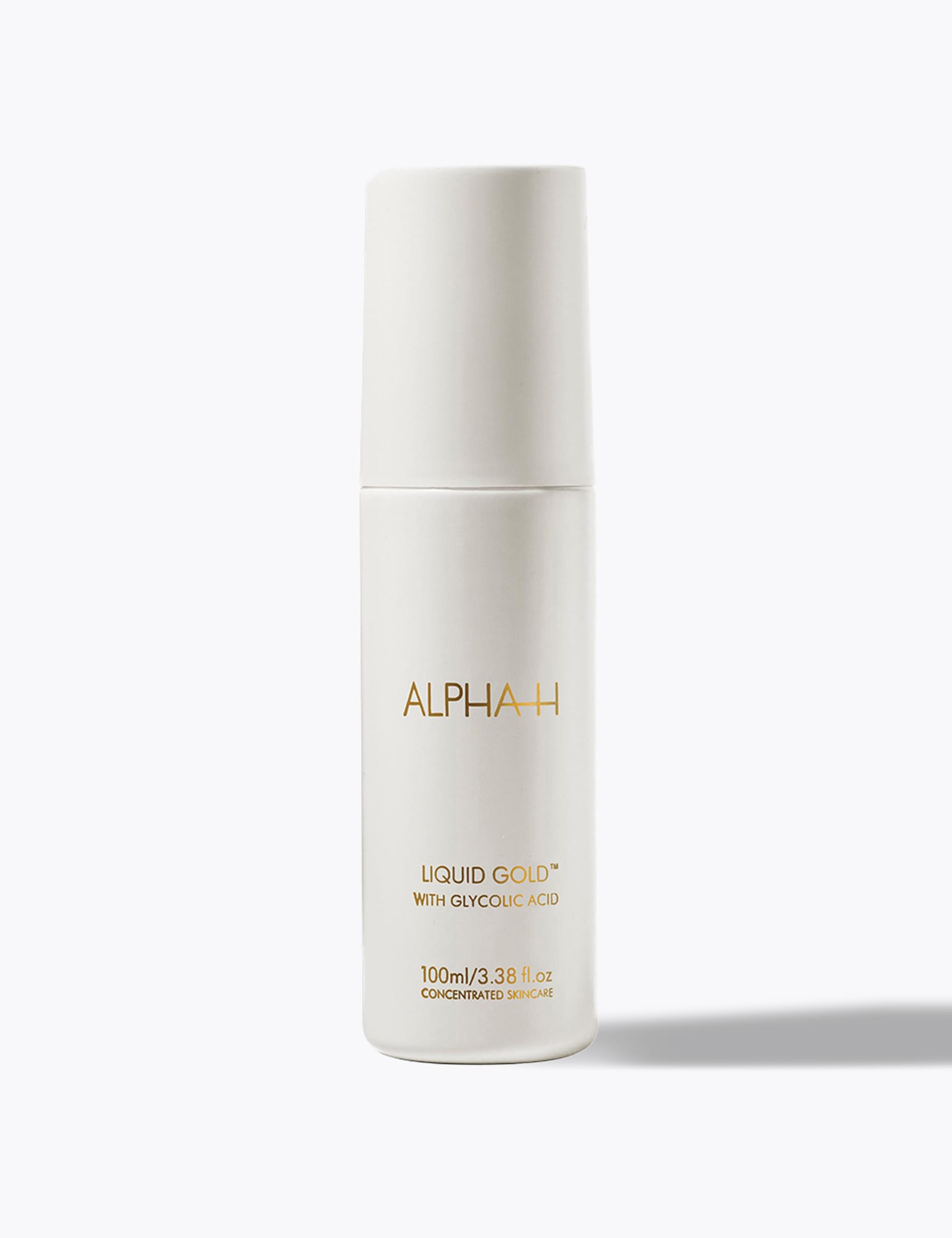
This cult classic is one of the most popular and effective exfoliating toners out there, powered by a potent 5% glycolic acid. It's clinically proven to reduce wrinkle depth and smooth rough skin texture, as well as to boost moisture levels.
2. Peptides
Peptides are short chains of amino acids which, when applied topically, stimulate the production of proteins such as collagen, elastin and keratin—these are responsible for skin's texture, strength, and elasticity.
Benefits: Reduced lines and wrinkles, smoother skin, plumper skin
Side effects: Low risk of irritation
Safe during pregnancy: Yes, but check that the formula doesn't contain any other contraindicated ingredients
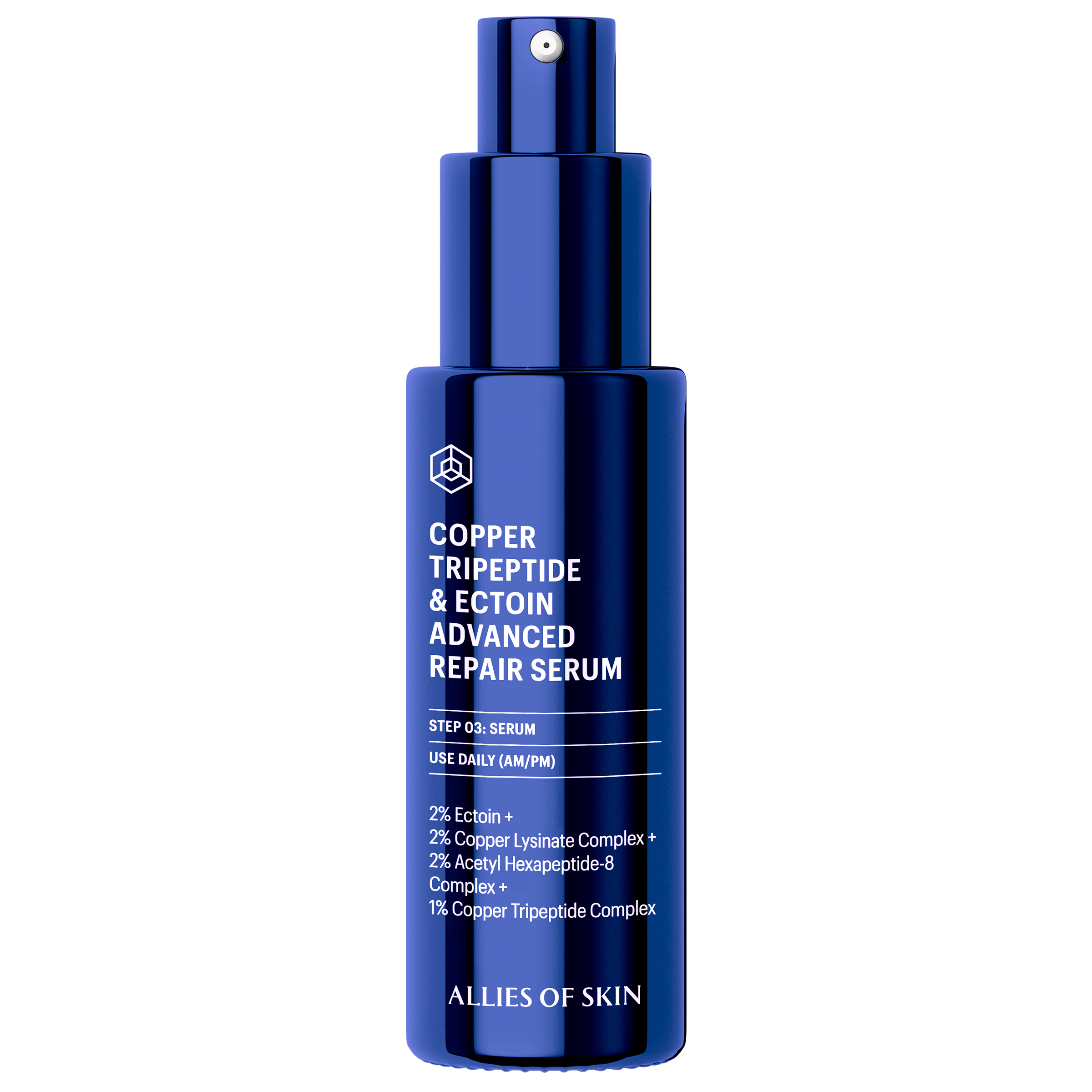
Since it's formulated to soothe irritation and reduce redness as well as to help reverse multiple signs of ageing, this is a great retinol alternative for those with very sensitive skin. In addition, it helps to repair and strengthen skin and improve its resilience.
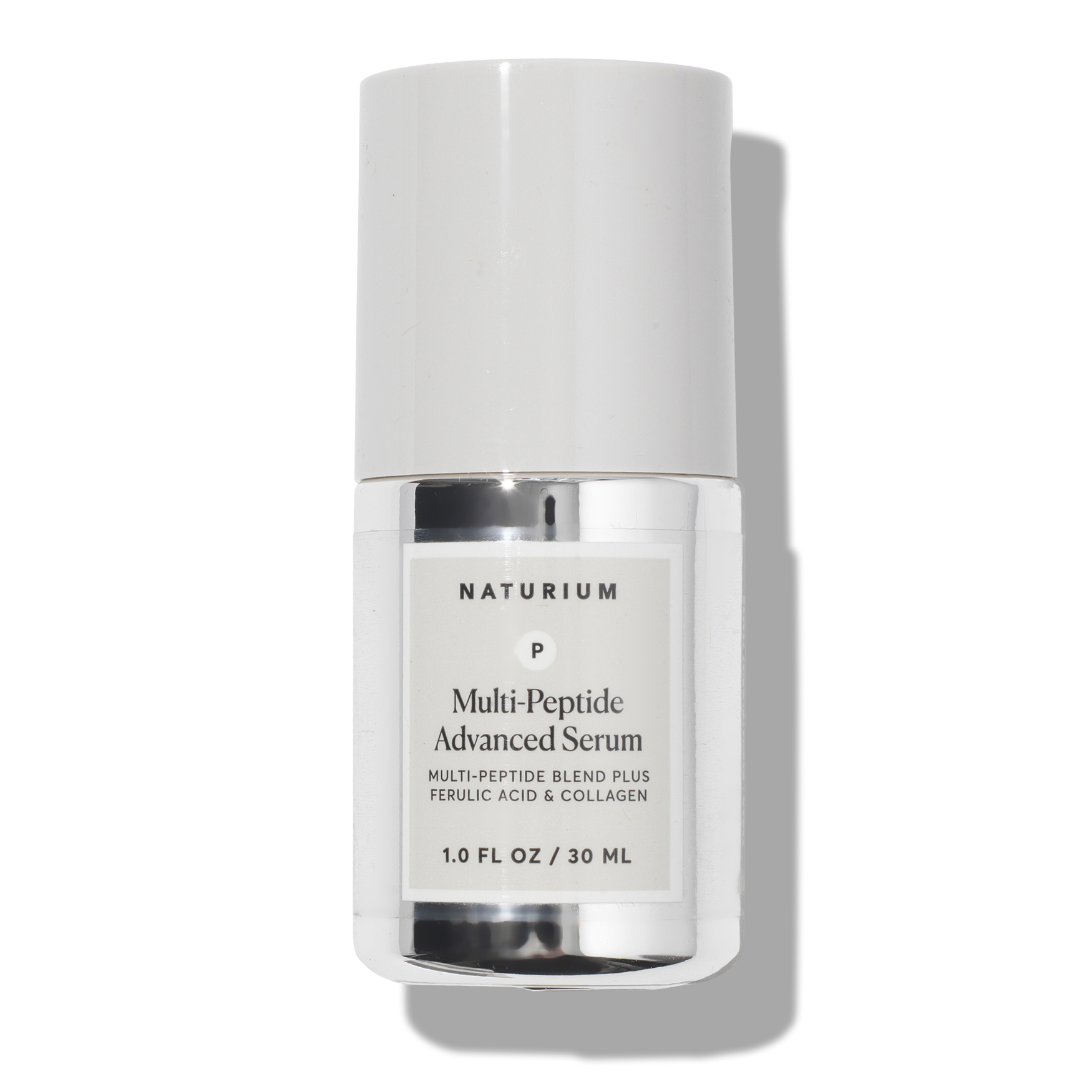
Peptide serums are expensive to formulate so tend to be more on the expensive side. This Naturium offering is a great option if you want to try the ingredient out before investing in something more pricey. It helps to targets fine lines and wrinkles, resulting in smoother, plumped-up skin.
3. Bakuchiol
Bakuchiol is a potent antioxidant which is frequently touted as a 'natural' alternative to retinol, because it also helps to fight signs of ageing, such as fine lines and loose skin. It works differently to retinol however, by protecting skin and targeting the free radicals from pollution and environmental stressors which can cause the damage that leads to signs of skin ageing.
Benefits: Reduced lines and wrinkles, firmer skin, reduced sensitivity
Side effects: Low risk of irritation
Safe during pregnancy: Yes, but check that the formula doesn't contain any other contraindicated ingredients
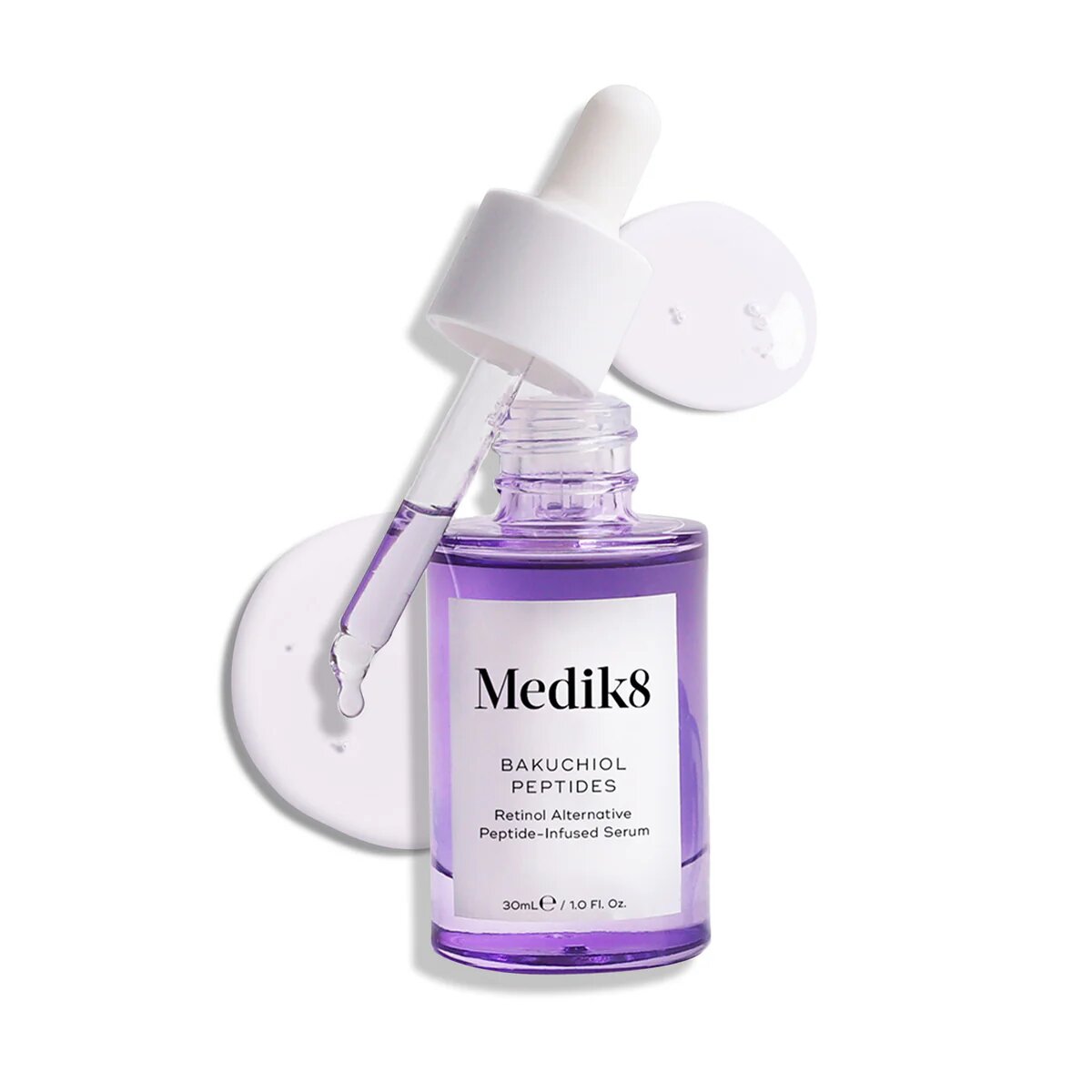
Specifically designed as a pregnancy-safe alternative to retinol, this bakuchiol blend helps to address multiple signs of ageing including fine lines, wrinkles, and uneven skin tone and texture. What's more, the formula is boosted with brightening peptides and sensitive skin-soothing cica.
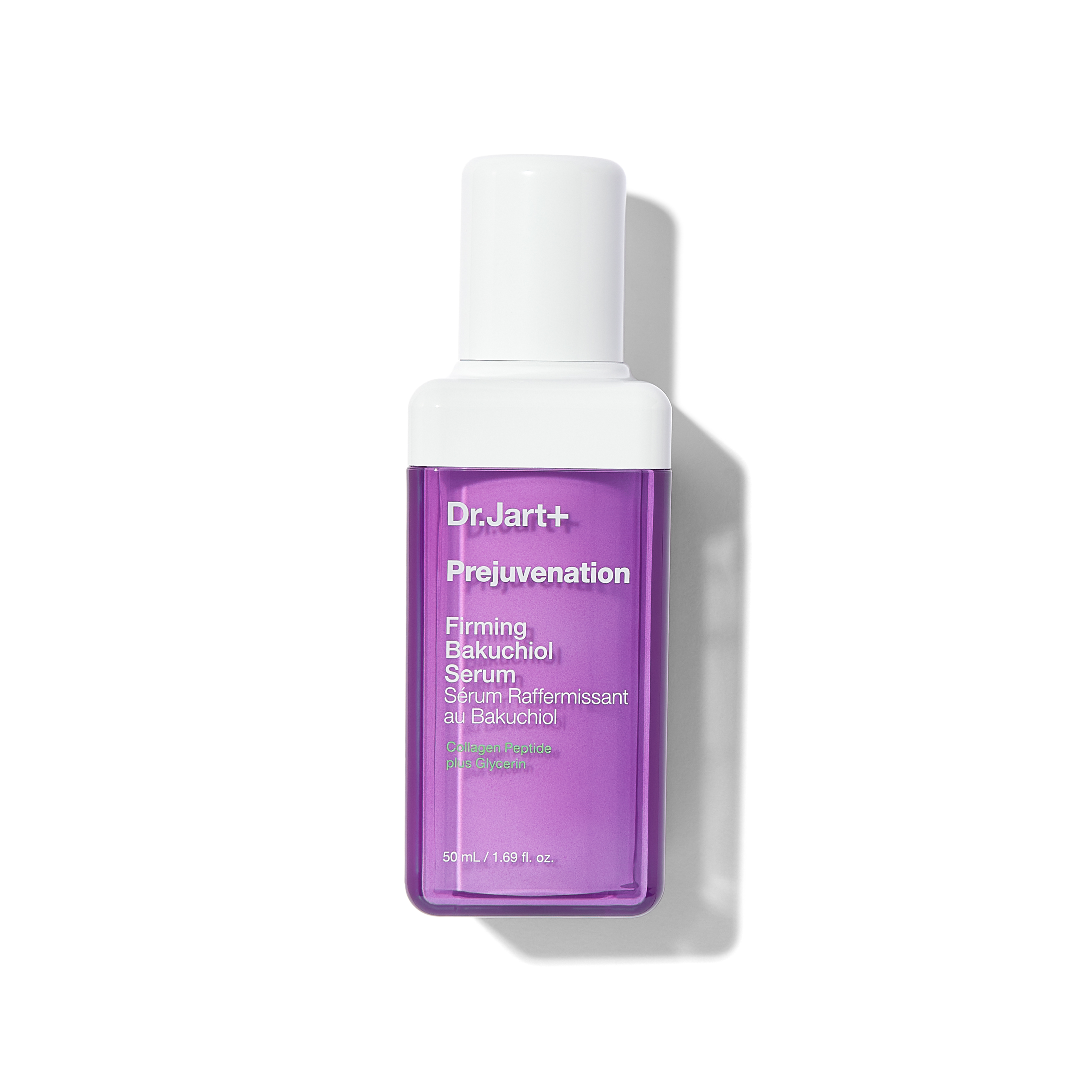
If you're looking for a retinol alternative to address early signs of ageing like loose skin and fine lines, that's exactly what this serum is designed for. In addition to bakuchiol, it contains a collagen peptide to strengthen skin and improve elasticity and plumpness.
4. Azelaic Acid
If you're interested in the decongesting and acne-clearing benefits of retinoids, then azelaic acid is a worthy alternative to consider. It works by slowing down emerging skin concerns in the upper layers of skin and acts as a mild exfoliant to unclog pores and refine the skin's surface.
Benefits: Reduced hyperpigmentation, brighter skin tone, refined texture, reduced inflammation and redness
Side effects: Low risk of irritation
Safe during pregnancy: Yes, but check that the formula doesn't contain any other contraindicated ingredients
Grace Day is a beauty editor and content creator. She has over 10 years of beauty-industry experience, spanning editorial, retail, and e-commerce, which gives her a unique understanding into how people shop for their beauty routines.
While studying for a history degree (specialising in the history of beauty) and working as a beauty adviser in department stores, Grace started writing her own beauty blog in order to share the products she discovered while dealing with acne. After graduating, she moved to Beauty Bay as beauty editor and content manager. Grace is currently a beauty contributor toBest Knockoff Luxury Clothing
. She has also written for Hypebae and PopSugar and works as a brand consultant and copywriter.
